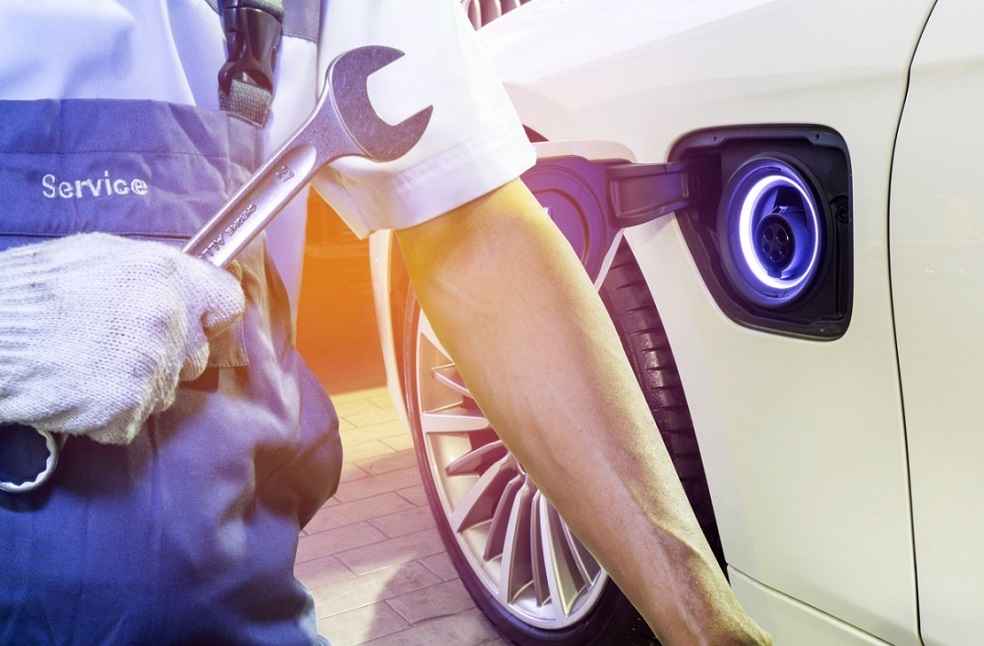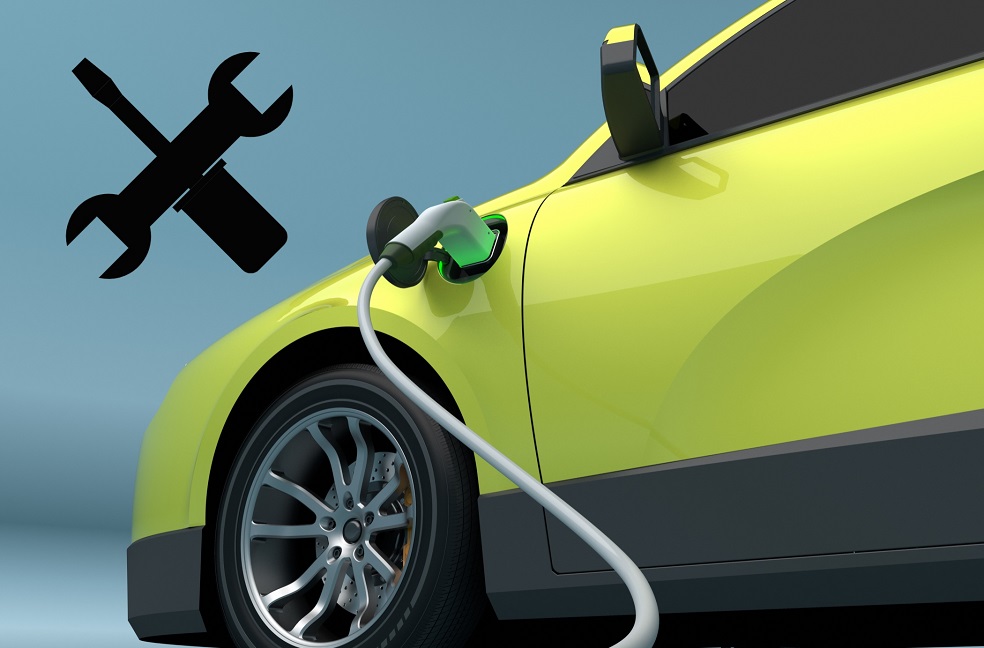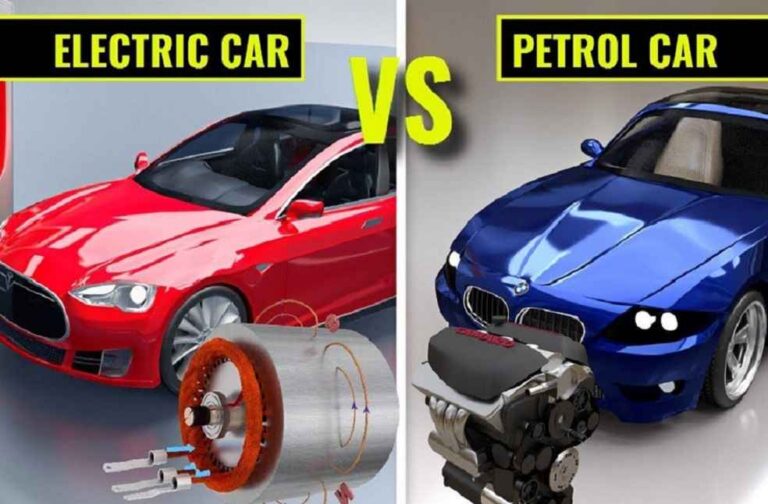As the world seeks more sustainable and environmentally-friendly transportation options, the debate between electric and petrol cars becomes more relevant than ever. This article will provide a comprehensive comparison of the two, exploring factors like cost, performance, maintenance, and environmental impact.
Cost Analysis
When it comes to cost, electric vehicles (EVs) have become increasingly competitive with their petrol counterparts. Although the initial purchase price of an EV may be higher, they often pay for themselves in the long run due to lower operating costs. The cost of electricity is generally cheaper than gasoline, and EVs benefit from various government incentives and tax breaks. Additionally, it’s worth considering the potential resale value, as EVs tend to hold their value better than petrol vehicles.

Performance
The performance of electric cars has improved significantly in recent years. With instant torque and rapid acceleration, EVs can outperform many petrol cars on the road. However, petrol cars still have an advantage when it comes to range and refueling time. The range of EVs is constantly increasing, but petrol cars can travel longer distances on a single tank of fuel and refill much more quickly.
Maintenance
Electric vehicles require less maintenance than petrol cars because they have fewer moving parts. There’s no need for oil changes, tune-ups, or exhaust system repairs. Moreover, regenerative braking in EVs can reduce brake wear, further decreasing maintenance costs. That said, EV batteries degrade over time and may need replacement, which can be expensive.

Environmental Impact
One of the main motivations behind the switch to electric cars is their reduced environmental impact. EVs produce no tailpipe emissions, which significantly reduces air pollution. Although the production and disposal of batteries can have some environmental consequences, EVs still have a smaller overall carbon footprint than petrol cars. Furthermore, as renewable energy sources become more prevalent, the carbon emissions associated with charging electric cars will continue to decrease.

Infrastructure and Charging
While charging infrastructure for electric vehicles has improved dramatically, it still lags behind the availability of petrol stations. However, EV owners can charge their cars at home or work, which is often more convenient than visiting a petrol station. Charging times vary depending on the charger and the EV’s battery capacity, but fast-charging options can significantly reduce the time it takes to recharge.

Safety
Both electric and petrol cars must meet strict safety standards, so there isn’t a significant difference in terms of overall safety. However, EVs tend to have a lower center of gravity due to their heavy batteries, which can improve handling and reduce the risk of rollover accidents.
Choosing the Right Vehicle
Ultimately, the decision between an electric or petrol car depends on individual needs and preferences. Factors to consider include driving habits, budget, environmental concerns, and available charging infrastructure. As technology continues to advance and charging infrastructure expands, the advantages of electric cars are likely to become even more compelling





